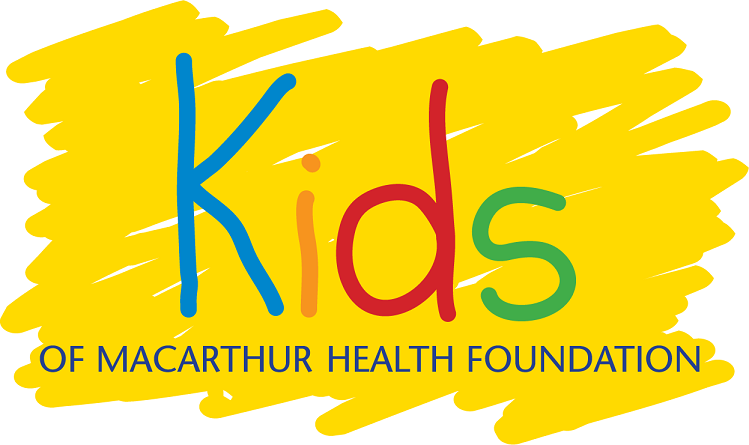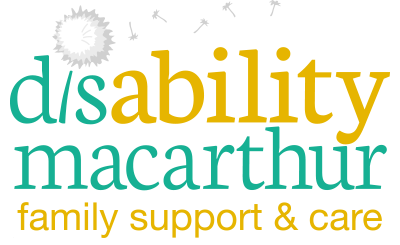
A South West Sydney Local Health District nurse has started a campaign to help drug and alcohol nurses and doctors recognise the signs of vicarious trauma in themselves and their colleagues.
Ravina Raidu, a drug health nurse, won two awards at the recent Australasian Professional Society on Alcohol and other Drugs conference for her work to highlight the signs and causes of vicarious trauma.
“Many people who work in the drug and alcohol sector have never heard of the term vicarious trauma and they don’t necessarily know the signs to look out for,” she said.
“People don’t notice it happening until you’ve actually changed, it’s so subtle.”
Ms Raidu said signs of vicarious trauma included not being able to show that initial enthusiastic empathy for patients, underlying or encroaching frustration, increased anxiety or stress levels, workplace interpersonal conflicts and a breakdown in a clinician’s physical health.
She said while the term and some of the symptoms of vicarious trauma were not widely known or understood within the medical community, it was known that trauma work could adversely affect drug and alcohol doctors and nurses.
“People talk about burn-out and compassion fatigue, but they don’t realise it is actually precursors to vicarious trauma,” Ms Raidu said.
Ms Raidu conducted a literary review of various different sources to attempt to identify, understand and determine the cause of vicarious trauma and its effect on nurses working with drug and alcohol clients.
“I thought there would be a lot more research than I found,” she said.
[social_quote duplicate=”no” align=”default”]“Often in the articles I read the term vicarious trauma was used interchangeably with burnout and compassion fatigue.”[/social_quote]
Ms Raidu also developed a poster that highlights the signs to look out for and what people can do if they think they or someone else may be suffering from vicarious trauma.
She hopes the poster will be part of a health district-wide awareness campaign.
“Hopefully doctors and nurses will be more alert and put processes in place to identify and appropriately manage the signs of vicarious trauma,” she said.
“Sometimes we blame ourselves that we’re not feeling enough empathy or that we’re giving enough to our clients.
“We cannot pour from an empty cup; we need to make sure that we are not being too hard on ourselves and that we are getting help when we need help.”




Why is this just nurses that work with drug and alcohol clients